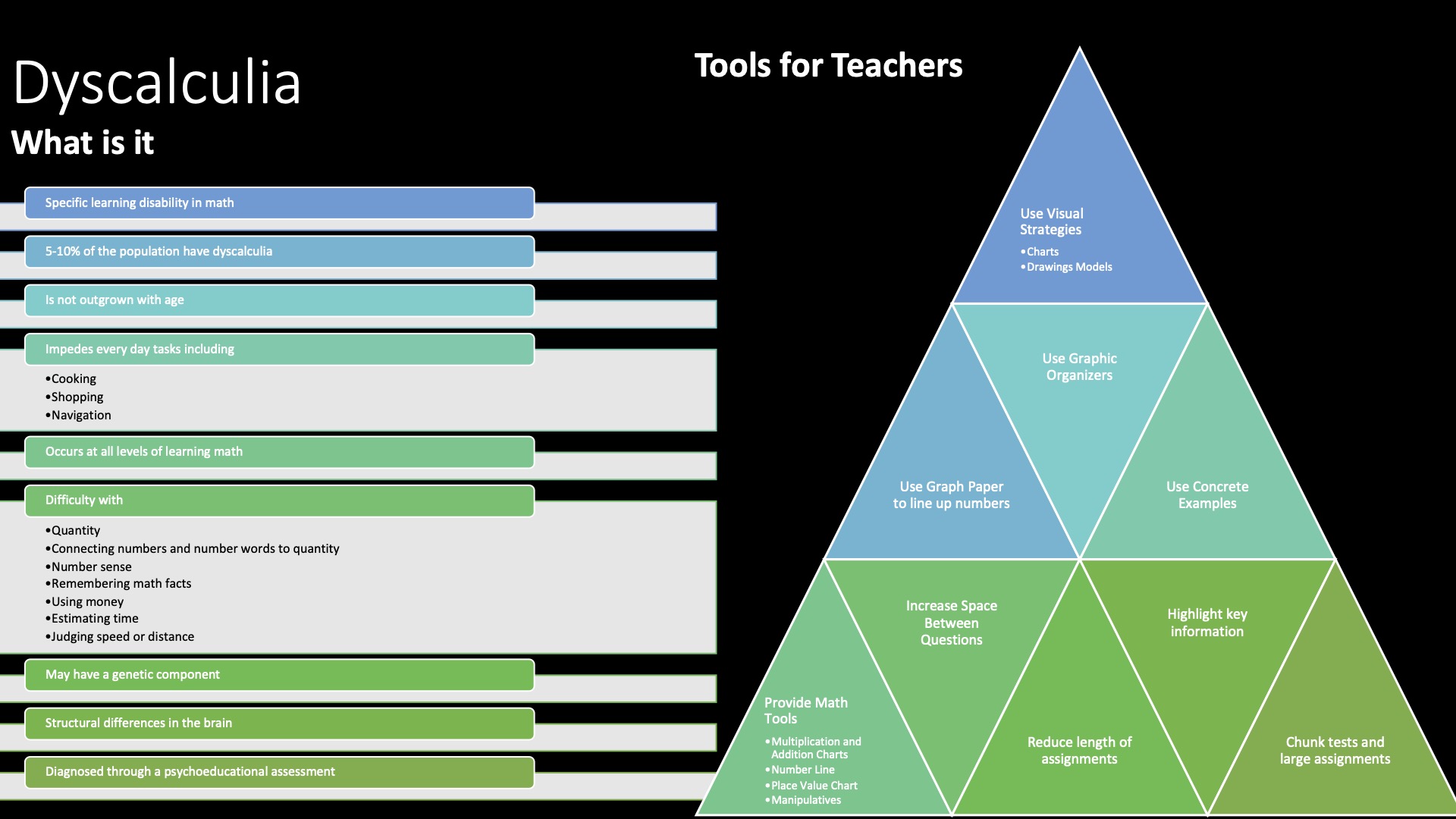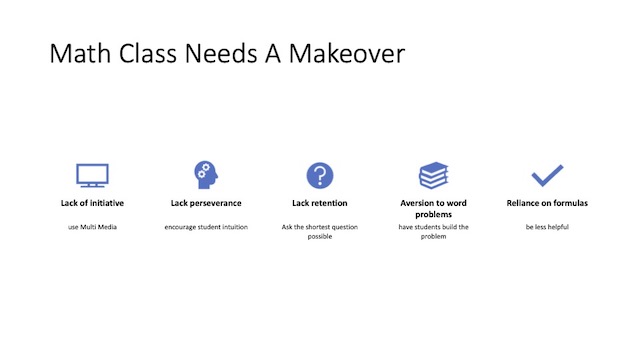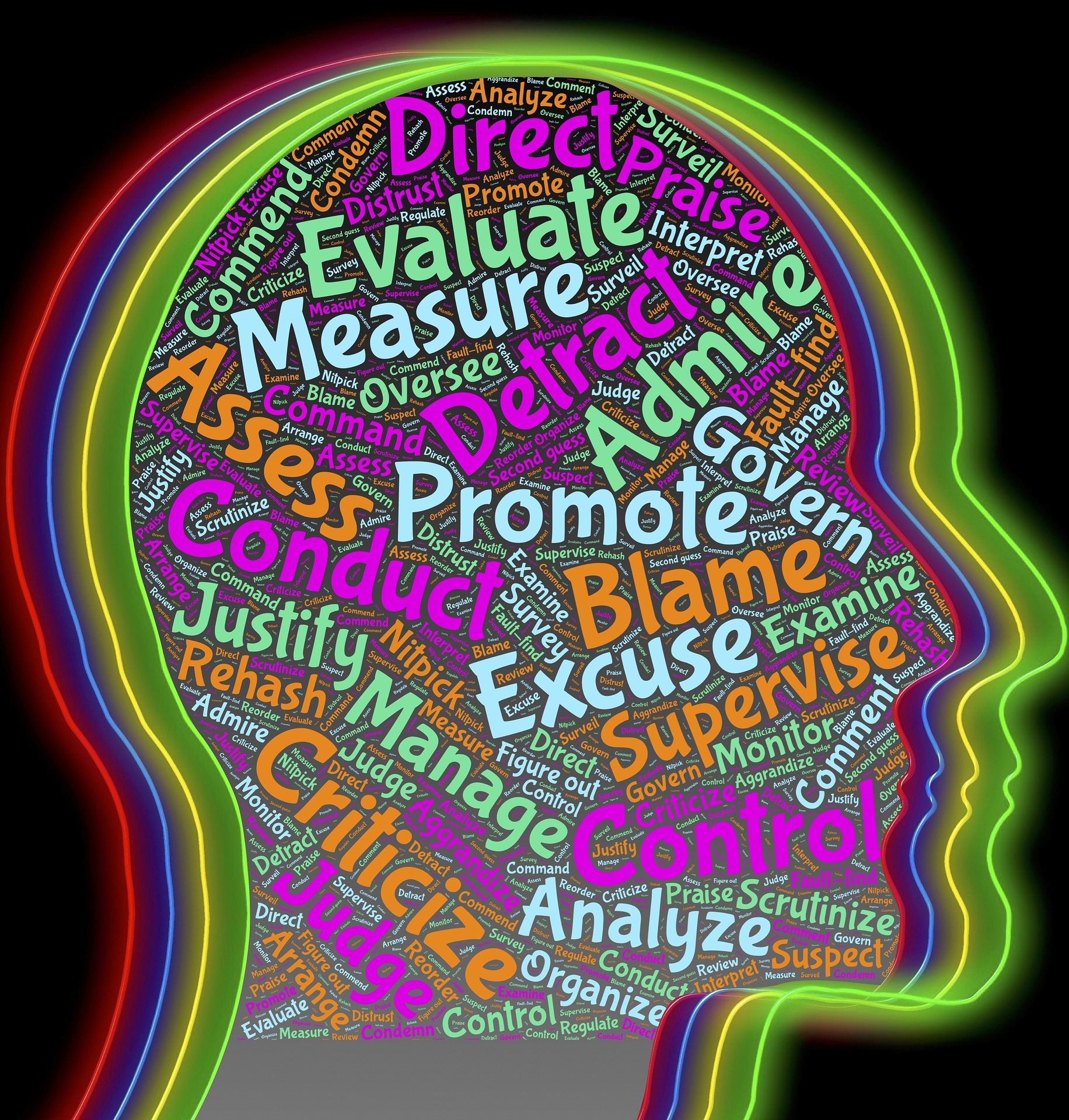“The test of truth in life is not whether we can remember what we learned in school, but whether we are prepared for change,” (Schleicher, 2012) education systems need to change constantly to keep up with the evolution of our global society. In his 2012 TED Talk Schleicher advocates the use of data on local, national and international scales to improve student outcomes in education and to work towards equity in education for all. Schleicher discusses the need for change and that success is possible for all students, but success is defined by the local culture as much as by the data on the PISA tests. The idea that all students can and should be successful is commendable, that excellence does not mean the sacrifice of equality. This also requires a deeper understanding of what equity looks like in education, per student funding is not a good indicator of this with less than 20% of variation between countries linked to student outcomes (Schleicher, 2012). The general belief that assessment can be used to measure growth in student outcomes over a period is admirable and should inform public policy across multiple areas. The concern with this approach is the limited understanding of statistics and data relationships by both educators and the public. With out the mathematical grounding in statistics people will not be able to interpret them, numbers are easily misinterpreted by those that do not have the training to understand them. Assessment data is only as strong as the person or group interpreting it.
“Teachers need to develop an understanding of the process of data investigation. To build their capacity to use data, teachers must not only access and analyze data, but also use their skills of inquiry, such as formulating questions and interpreting results,” (van Barneveld, 2008). As discussed above teachers need to increase their understanding of data and what each piece of data is measuring and the intention behind capturing each piece of data. The data from an assessment must also be relevant to both the teacher and the students, large scale assessment data is not consistently linked to classroom practices and the curriculum. There is also the question of timeliness in releasing the data to educators from large scale assessments do drive instruction. Van Barneveld discusses the challenges of collecting adequate data particularly by classroom teachers due to time constraints and not knowing what data should be collected and communicated. Interpreting the data is a challenge many educators are not prepared for and require additional and on-going professional development opportunities to gain proficiency.
Looking at my own school context these approaches while admirable and worth implementing would be highly difficult to implement due to long held beliefs about learning and priorities in the classroom. I work with a staff that pushes reading and reading instruction above all else when our scores on the FSA and district reading assessments consistently exceed expectations, we have a strong reading program based on the available data. How ever our numeracy assessments are not nearly as strong with between 40% and 50% of our students not yet meeting expectations in grades 3,4 and 5 on the FSA and district numeracy assessments. My challenge is assumption of buy in for using data-based approaches, this requires a shift in long held beliefs that not everyone is prepared to make. The assumption of the open-minded teacher is a big one and does not reflect the reality in our schools especially when we are not truly impartial data driven observers, as teachers we have a personal stake in our classrooms, and it is perceived as a personal reflection on us. Even when looking at our FSA results there are only two grade 4 teachers, everyone knows which classes we are talking about, and which teachers are responsible for the students. We must remove our personal feelings and judgement of ourselves and others for using large scale assessment data to truly make an impact in our schools.
Bibliography
Schleicher, A. (2012, June). Use data to build better schools. (A. Schleicher, Performer) TED, Edinburgh, Scotland.
van Barneveld, C. (2008). Using Data to Improve Student Achievment. What Works? Research into Practice.






